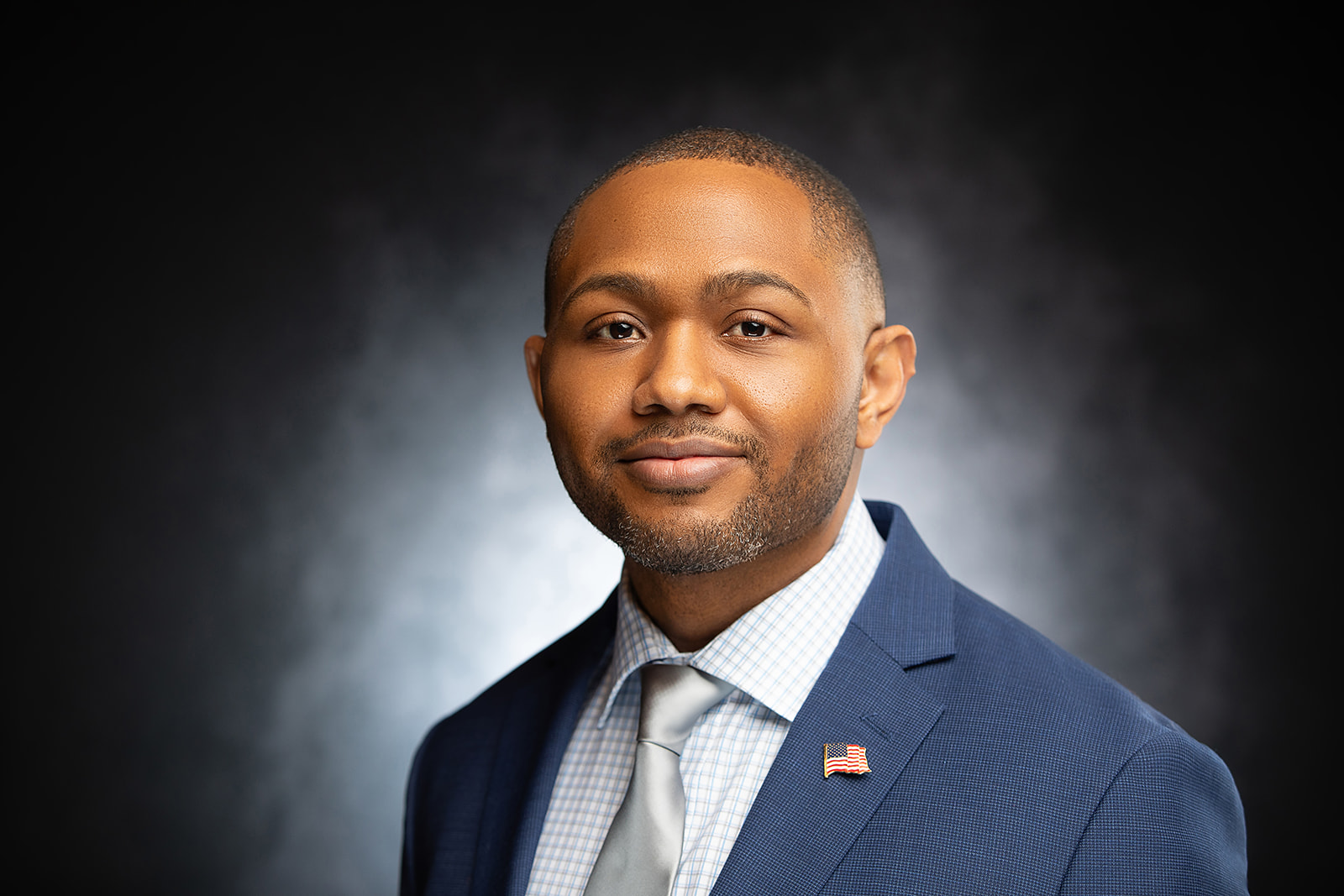
As a punctuation symbol, the semicolon is used to separate two independent but related clauses. As a tattoo on the arm of Cyril Davis, the semicolon is used to represent a marker between two separate periods of his life.
The first period included growing up on Detroit’s east side in a family of limited income, pursuing a career in law enforcement, marrying his wife and raising six children. After almost 15 years in law enforcement, Davis retired from the Department of Homeland Security in 2013 following a traumatic brain injury. Post-traumatic stress disorder and memory loss ended his work in law enforcement and concluded this period of his life.
“Having been someone who had protected and helped others for so long, it was a horrible feeling,” Davis said. “As provider for my family, to suddenly be without income, I felt hopeless and worried I would lose our house.”
The current period began with years of intensive rehabilitation and a glimpse of a new way to protect and help others. Watching the impact nurses had on himself and others as he strove to become healthy, and with a large family to support, he looked to quickly start a career in health care. The fastest point of entry would be to complete a two-year associate degree in nursing.
Davis obtained two associate degrees from Oakland Community College and became a registered nurse in 2019. He went on to obtain a bachelor’s in nursing from Chamberlain University in 2021 and is now on track to become a nurse practitioner specializing in psychiatric mental health and graduate with a doctor of nursing practice from Wayne State University’s College of Nursing in 2025.
Davis’s progress illustrates both the university’s dedication to fostering increased social mobility among students — even older students with previous careers — and the ongoing push through the WSU College to Career initiative to ensure that graduates enjoy experiential learning opportunities that allow them to encounter the world, gain deeper insights and new perspectives, and prepare for prosperous careers.
“Cyril Davis’s story underscores the university’s commitment to educating a diverse and highly qualified student body prepared with the skills and experience necessary to enjoy long-term career success and to provide a critical boost to our community’s health and well-being,” Provost and Senior Vice President for Academic Affairs Laurie Lauzon Clabo said.
Nicole Wheeler, DNP, CNM, who serves as Davis’s faculty advisor, hailed his “passion for people, mental health and the communities he serves.”
“I could not be prouder of the way he embodies the values of the College of Nursing by improving health and reducing inequities in Detroit,” Wheeler said. “He also adds a lot of value as the student representative for our DNP curriculum committee, serving as a voice for our students and improving our program.”
Interim Dean of the College of Nursing Ramona Benkert described Davis’s journey as a reflection of the university’s dedication to providing a full menu of wraparound services for students.
“Cyril’s story is an inspiring example of our commitment to ensure students have the skills, experiences and support they need to build and advance their nursing careers,” said Benkert. “Our faculty members invest heavily in students’ success, nurture their passions and connect them with opportunities that move them from our college into fulfilling careers making a difference for individuals, families and communities.”
Davis agreed, explaining that his newfound social mobility serves as motivation for his own family.
“Seeing me become an RN and now work toward my DNP has inspired my children to see the importance of higher education in real time,” he said, “and become successful in their own right.”
Read more about Cyril Davis’s story.
